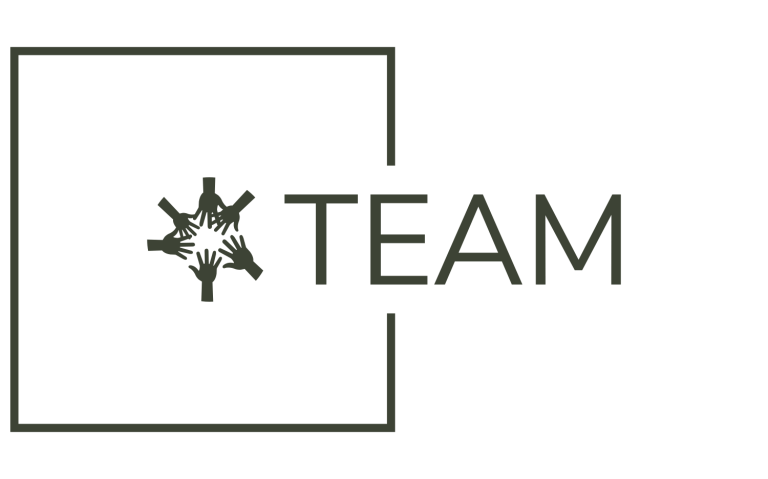Available courses
Course on the basic level deals with the information society by establishing the socio-cultural, political and economic context of information and communication technologies with complex cause and effect associations.
Following themes are especially emphasised:
- concept and key characteristics of information society,
- relationship between technology, social structure and processes,
- the question of technological determinism,
- question of continuity and discontinuity of the information society in relation to an industrial society,
- integration, community, networks, inclusion and exclusion in the information society,
- choice, control, autonomy, planning, guidance and strength at an individual and (sub) system level in the information society,
- de-centred control centers in the information society,
- the relationship between market mechanisms and regulatory strategies,
- review and comparison of different theoretical approaches to those themes,
- integration of telemedicine in the information society, digital tools for remote healthcare delivery (e.g., video conferencing, patient portals), organisational and
- legal frameworks for teleconsultations, ethical issues and privacy concerns, the impact of digital health on social structures, accessibility and inclusion of diverse groups in digital healthcare
Integration and deployment of telemedicine/overview of digital Infrastructure for telemedicine
Telemedicine: Legal and Regulatory Frameworks
This course explores telemedicine's essential legal, regulatory, and ethical aspects. Participants will understand the national and international legislative frameworks governing virtual healthcare, identify the critical components of digital infrastructure, and examine key technologies, including AI, IoT, and cybersecurity. Through interactive case studies and practical scenarios, learners will develop skills to navigate telemedicine practice ethically, ensuring patient safety, professional integrity, and compliance with regulatory standards.
This course explores the role of telemedicine in delivering medical care under wartime and crisis conditions. Participants will learn:
-
The fundamental concepts, tasks, and applications of telemedicine in medical institutions and emergency care.
-
The benefits, methods, and tools of telemedicine for supporting mental health, with a focus on increasing access to care in conflict-affected regions.
-
How to implement digital technologies for effective rehabilitation, reducing disability and improving public health in settings with limited medical resources.
The course equips students and healthcare professionals with knowledge and practical strategies to enhance medical services where traditional care is challenged by war, resource scarcity, or remoteness.
Users will be informed about the possibilities of applying telemedicine in the field of public health and in the field of health tourism. It will be stated where telemedicine is used as an innovative strategy in the public health sector and how telemedicine can make public health interventions more effective while reducing costs. The synergy between telemedicine and health tourism will be explained to the users. The advantages and improvements that telemedicine offers to service providers in the field of health tourism will be stated. Users will be also introduced to the possible limitations and difficulties that may arise in the application of telemedicine in both the public health sector and the health tourism sector. Finally, it will be explained how telemedicine can successfully connect these two sectors - public health and health tourism.
Font Face
Font Size
Text Colour
Background Colour


